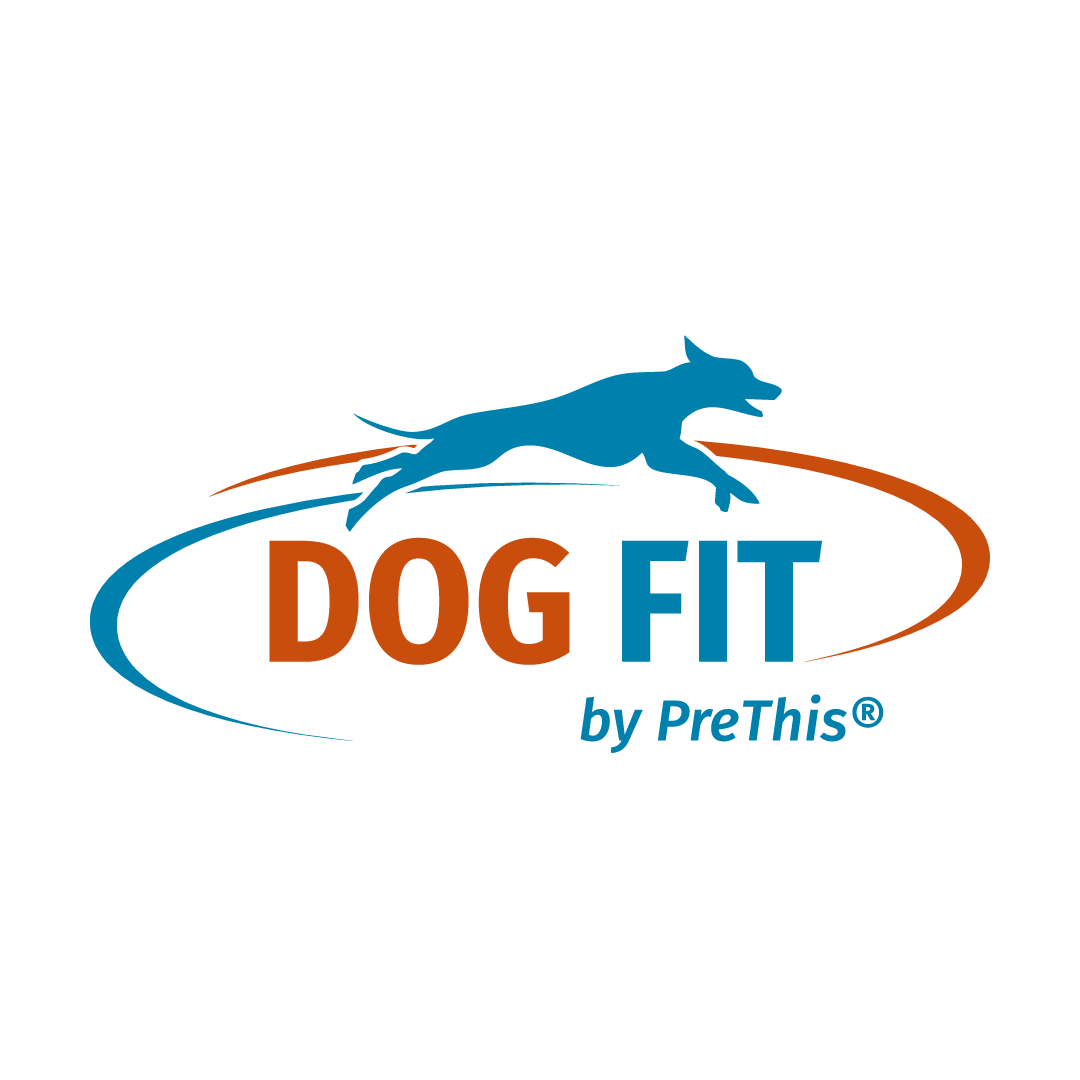 Every dog requires very specific nutrients for long-term health, which it must regularly ingest in sufficient doses through its food. Each of these nutrients has a very specific, and sometimes even multiple, function in the animal’s body, and if a deficiency in a certain nutrient occurs over time, this often results in a serious health risk for the dog. But what nutrients does a dog need, and what are they used for?
Every dog requires very specific nutrients for long-term health, which it must regularly ingest in sufficient doses through its food. Each of these nutrients has a very specific, and sometimes even multiple, function in the animal’s body, and if a deficiency in a certain nutrient occurs over time, this often results in a serious health risk for the dog. But what nutrients does a dog need, and what are they used for?
Dogs need a lot of protein
One of the main nutrients for dogs is protein. These are special amino acids that serve, on the one hand, to generate energy and, on the other hand, are essential for cell formation. The actual protein requirement cannot be generalized and depends on body size and breed. A protein deficiency can, for example, trigger significant problems with muscle development, growth disorders, reduced reproductive capacity, and serious liver dysfunction. The main sources of protein for dogs are meat in dog food as well as plant-based protein sources. Important: Dogs are only 70% carnivores! The other nutrients consist primarily of plant-based ingredients.
Carbohydrates are also important
The second main nutrient for dogs is carbohydrates. Carbohydrates are a compound of hydrogen, carbon, and oxygen and generally serve to quickly generate energy and sometimes also in cellular metabolism. Even with carbohydrates, no general statement can be made regarding daily requirements. The consequences of a carbohydrate deficiency are usually evident in reduced energy levels, weight loss, and digestive problems due to a lack of fiber. The main sources of carbohydrates for dogs are various vegetables, amaranth, or millet, which should not be missing in moderation from any dog food. White rice, potatoes, and grains do not belong on the original diet. These days, they are often used as unnecessary fillers in industrially prepared foods.
Fats provide energy
The various fats in dog food are undoubtedly the main sources of daily energy. Furthermore, certain fats are needed to dissolve and utilize the fat-soluble vitamins in the food, and the animals’ metabolism also depends on an adequate fat intake. If there is a fat deficiency, a dog’s energy level can drop significantly, and even metabolic disorders are not uncommon. Skin diseases, a deficiency in fat-soluble vitamins, reduced immune function, and impaired heat regulation are some of the consequences of a fat deficiency. A dog also obtains fat from the meat in its diet, as well as from vegetable oils or Omega 3-6-9 supplements added to the dog food.
Vitamins and Minerals
Vitamins and minerals also play a crucial role in a dog’s health, and essential vitamins and minerals, in particular, must be administered to the animal through the dog’s food. Essentially, the various vitamins and minerals each have very specific properties and functions in the animal’s body, and a long-term deficiency in just one of these important nutrients can pose significant risks depending on the function of that vitamin or mineral. The essential vitamins and minerals that the dog’s body cannot produce on its own must therefore be included in the daily dog food in optimal doses. Vitamins A, C, B, vitamin E, and the minerals calcium, magnesium, and iron are particularly important.
Life with a dog is a constant give and take: care, consideration, and understanding are the foundation for a long, happy relationship. Give your dog time and attention – it will be returned many times over.
Product information: Natural supplementary feed 🛒 – for dogs with carefully selected micronutrients. Free from genetic engineering and artificial additives. You can find more information here:

The content of the articles is for general information purposes only and does not replace diagnosis or treatment by a veterinarian. Reviews or testimonials are individual reports from verified customers. This information does not constitute medical advice and should not be understood as such.
Our daily inspiration comes from the special moments with our dogs. Here we share this enthusiasm and invite you to become part of the DOG FIT community on our social media channels.


Leave a Reply